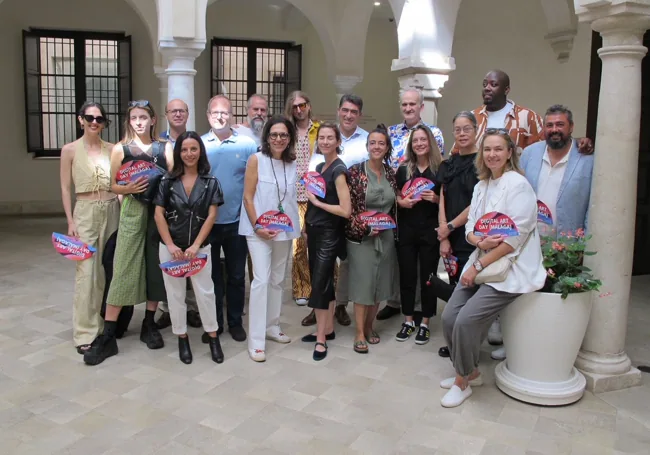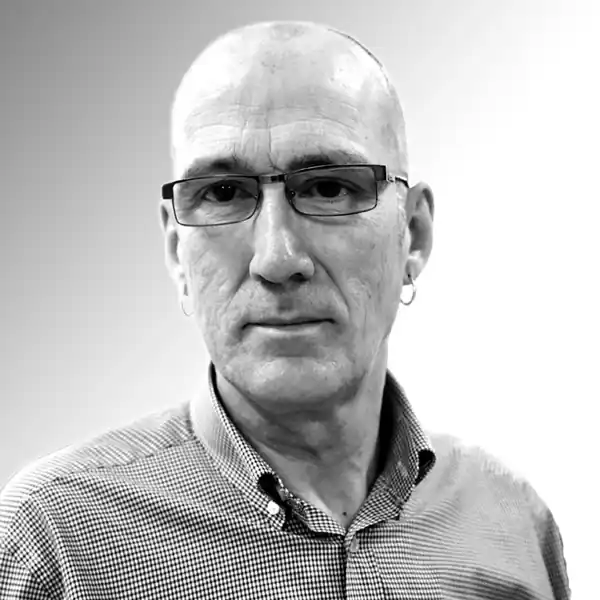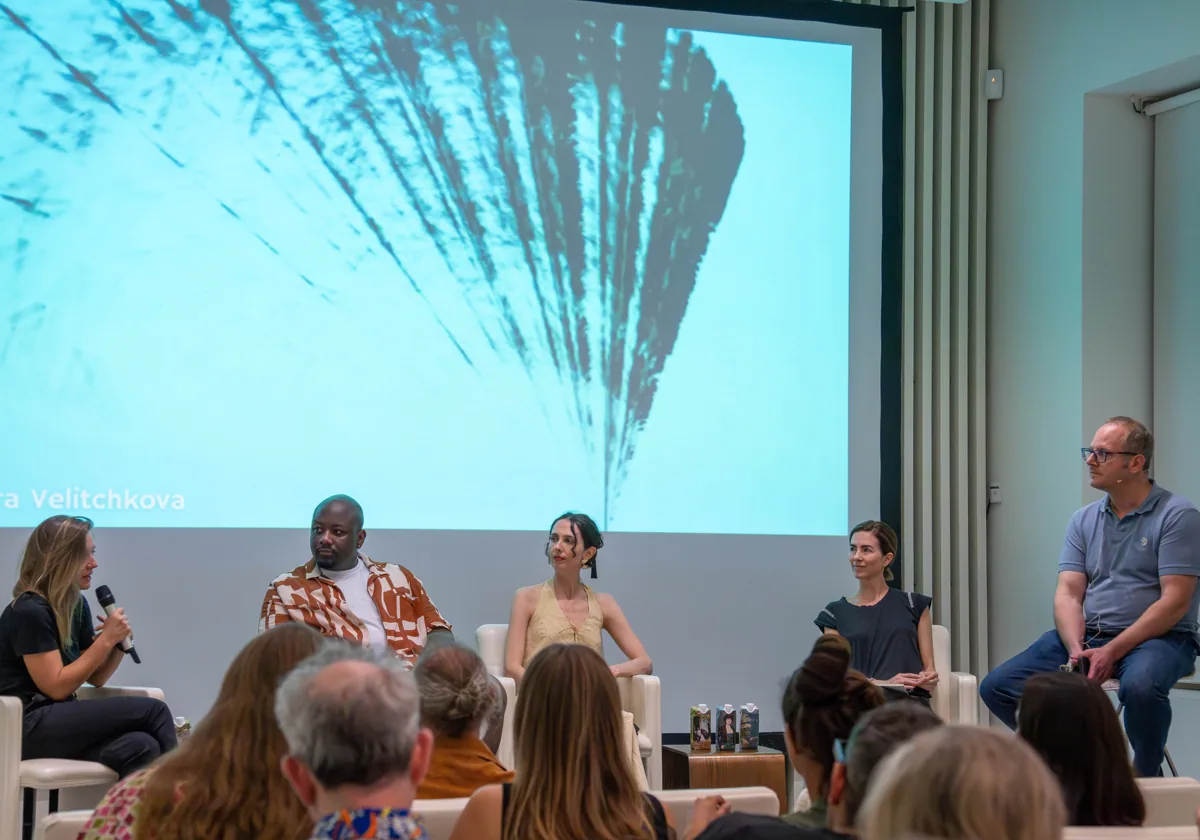Carmen Thyssen museum in Malaga hosts 'groundbreaking' initiative on evolution of digital art
Digital Art Day brought together acclaimed artists from Madrid, Barcelona, New York, London and Paris to participate in a series of roundtables moderated by a group of specialists in generative and articificial intelligence art
The Digital Art Day conference held at the Carmen Thyssen museum in Malaga on Friday (13 September), brought together an eclectic mix of visionary digital artists, curators, technologists, and advocates for an event that focused on the evolution of digital artistry of generative art, generative and artificial intelligence art, while addressing the growing influence of technology in the creative space.
Hosted by the Alma Gil foundation, and attended by acclaimed artists in the field of digital art from Madrid, Barcelona, New York, London, and Paris, the day included a series of round tables moderated by a group of panellists, including Diana Pan, CTO of The Museum of Modern Art in New York; Georg Bak, creative director of Art Meta; and Mariano Giralt, the ex-head of RWAs (risk-weighted asset) at Bank of New York Melon Madrid, among others.
The specialists explored the groundbreaking ways in which generative art is influencing traditional artistic fields such as painting, poetry, dance and photography, as all are left to variations and unknown outputs. This included a discussion on the integration of digital art in poetry as a means to visually enhance written words of poets such as Federico García Lorca. The organisers explained that generative art is a “playground of randomness and the unknown”.

One of the key themes of the day was the balance between artistic control and the randomness that technology introduces into creative processes. The panel discussed how digital art, which has been in existence for almost 70 years, has been left aside in comparison to other forms of artistic expression and how it evolved over the decades to truly culminate in the last three years.
Other subjects addressed issues of copyright and ownership in the digital realm, particularly regarding the international disparities in copyright laws with regards to AI art in particular. Artists were encouraged to engage with these evolving challenges while embracing new opportunities presented by blockchain technology, which offers innovative ways to authenticate and validate digital works.
“The conference highlighted that while the digital art space offers democratisation, there are numerous practical and ethical challenges to navigate as the industry continues to evolve. The Carmen Thyssen museum served as a fitting venue for these groundbreaking discussions, which undoubtedly left the audience eager to continue exploring the intersection of art and technology further,” the foundation said in a press statement.

